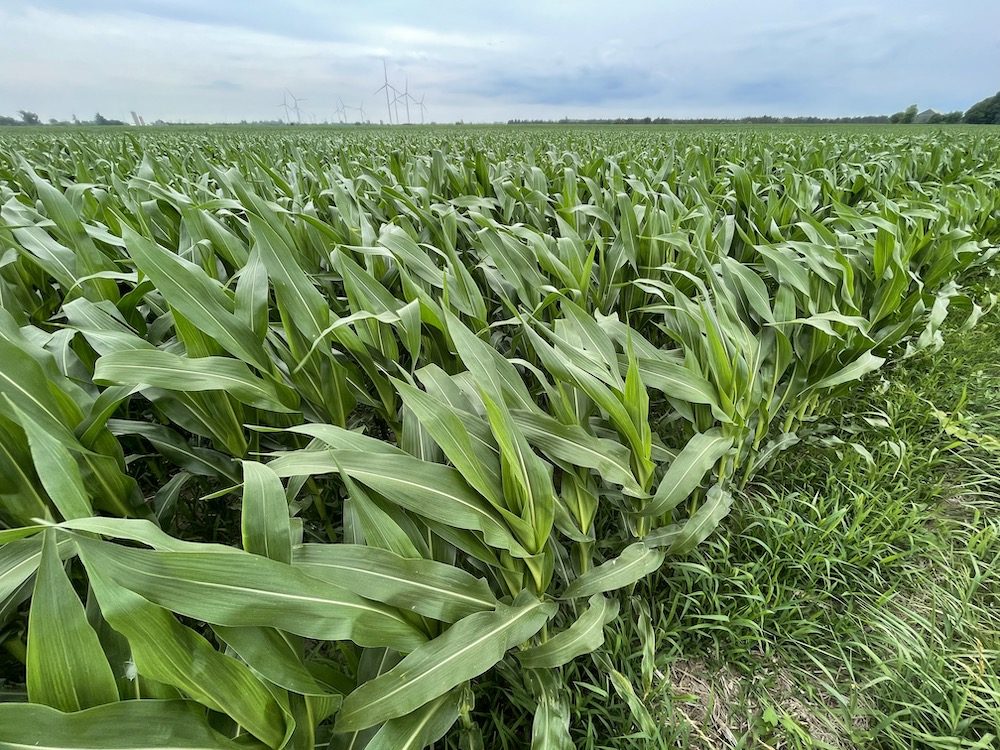
A look at Canada’s low-carbon fuel policies and production
July 29, 2022
By
Maria Church
 Photo: Annex Business Media
Photo: Annex Business Media Canada published its final final Clean Fuel Regulations (CFR) earlier this month, estimating that about 2.2 billion litres of additional low-carbon-intensity diesel and 700 million litres of additional ethanol will be needed in 2030 under the regulations.
Currently, Canada has 12 ethanol plants and 12 biodiesel plants, producing 1.69 billion and 460 million litres, respectively (according to the USDA Foreign Agricultural Service’s Global Agricultural Information Network report for 2022).
The CFR requires gasoline and diesel suppliers to gradually reduce the carbon intensity of the fuels they produce and sell for use in Canada to approximately 15 per cent below 2016 levels by 2030. A $1.5-billion Clean Fuels Fund is among the measures the government has introduced to encourage domestic production of low-carbon fuels.
Several provinces in Canada also have low carbon fuel policies in place. Here’s a look at those, as compiled by the federal government:
Alberta’s Renewable Fuels Standard requires a minimum annual average of five per cent renewable alcohol in gasoline and two per cent renewable diesel in diesel fuel sold in Alberta by fuel suppliers. To meet the Renewable Fuels Standard, renewable fuels must demonstrate at least 25 per cent fewer greenhouse gas (GHG) emissions than the equivalent petroleum fuel.
Manitoba’s Ethanol Mandate requires fuel suppliers in Manitoba to blend at least 10 per cent of ethanol in their gasoline. The Biodiesel Mandate requires fuel suppliers to blend five per cent renewable content in on- and off-road diesel fuel.
Ontario’s Cleaner Transportation Fuels regulation requires that fuel suppliers blend 10 per cent of renewable content in gasoline from 2020 to 2024. The renewable content requirement increases to 11 per cent in 2025, 13 per cent in 2028, and 15 per cent in 2030 and onwards. The renewable content must emit fewer greenhouse gas emissions than fossil gasoline on a lifecycle basis by 45 per cent before 2030 and 50 per cent from 2030 onward. The regulation also requires fuel suppliers to continue to blend four per cent renewable content in diesel. This renewable content must emit 70 per cent fewer greenhouse gas emissions than fossil diesel on a lifecycle basis.
Saskatchewan’s Renewable Diesel Act requires fuel distributors to include two per cent renewable diesel content. The province also has a 7.5 per cent ethanol mandate.
British Columbia’s Renewable and Low Carbon Fuel Requirement mandates a five per cent ethanol content in gasoline and four per cent in diesel fuel. The province also has a Low Carbon Fuel Standard, which aims to achieve a 20 per cent reduction in fuel carbon intensity by 2030.
In Quebec, effective January 1, 2023, gasoline and diesel fuels distributed in the province will incorporate clean fuels. Quebec will require 10 per cent low-carbon fuel content in gasoline in 2023 and increase this to 15 per cent by 2030. Low-carbon fuel content in diesel will begin at three per cent in 2023 and increase to 10 per cent by 2030. In both fuel pools, the low-carbon content volume requirements will be adjusted by a carbon intensity factor.
This article is part of Biofuels Week 2023. To read more articles on biofuels, click here.
Print this page